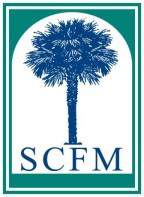Author Spotlight Series
Brick by Brick
Constructing America's Identities
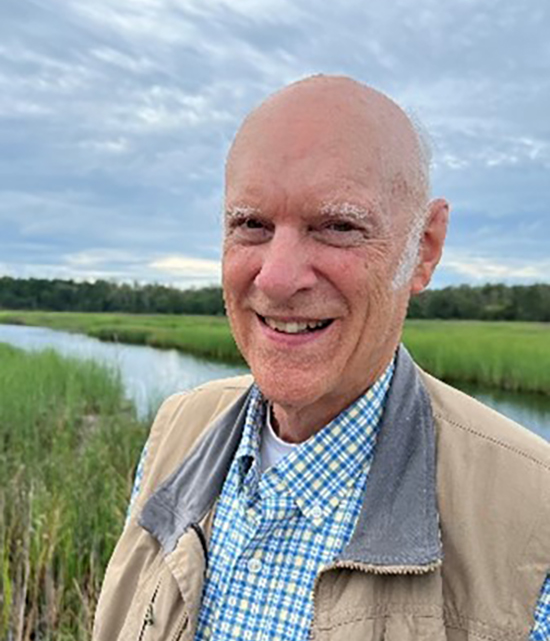
Dr. Peter H. Wood
Dr. Peter H. Wood was born in St. Louis and now lives in Longmont, Colorado. He studied colonial history at Harvard and Oxford. After working for the Rockefeller Foundation, he taught early American history at Duke from 1975 until 2007. His pioneering book on enslavement in the colonial era appeared last year in an expanded fiftieth-anniversary edition: “Black Majority: Race, Rice, and Rebellion in South Carolina, 1670-1740.”
Wood has written articles on topics ranging from ancient dugout canoes in the Mississippi Valley to why Gerald Ford pardoned Richard Nixon. He has contributed to several PBS productions concerning slavery, and he is an author for the major American history textbook “Created Equal.” He co-authored “Natives and Newcomers” (1983), a brief history of early North Carolina that won the American Historical Association’s Robinson Prize. This fall, Oxford University Press will publish a new edition of his brief survey entitled “Strange New Land: Africans in Colonial America.”
Wood has worked with Houston’s Menil Foundation on its monumental project, “The Image of the Black in Western Art,” and has written three books on the American artist Winslow Homer. With Karen Dalton, he produced “Winslow Homer’s Images of Blacks: The Civil War and Reconstruction Years” (1988). Wood’s Lamar Memorial Lectures at Mercer University became “Weathering the Storm: Inside Winslow Homer’s Gulf Stream” (2004). His Huggins Lectures at Harvard University resulted in “Near Andersonville: Winslow Homer’s Civil War” (2010). That year, he received the Asher Distinguished Teaching Award given by the American Historical Association.
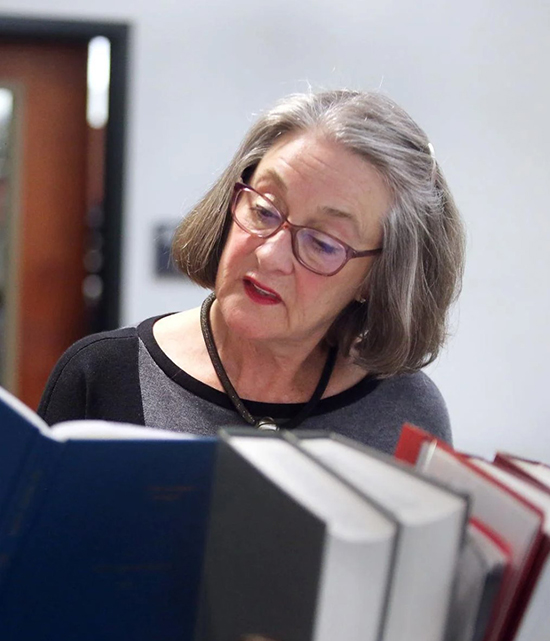
Margaret Seidler
Margaret Seidler is a retired organization and leadership development consultant, national conference speaker, and author. Her book “Power Surge: Energizing Your Leadership Strengths” was published by HRD Press in 2008. Her practice focused on creating higher performance in leaders and addressing local government and community system complexity. Margaret was born and raised in Charleston, South Carolina. In the aftermath of the Mother Emanuel massacre, she and former City Police Chief Greg Mullen led the Charleston Illumination Project, a year-long effort designed to give all parts of the community a voice in strengthening citizen/police relationships. A case study of the Charleston Illumination Project was published in “The Oxford Handbook of Organizational Paradox” by Oxford University Press in 2017. Her broader work with the city of Charleston was published in “Both/AND Thinking: Embracing Creative Tensions to Solve Your Toughest Problems” by Harvard Business Review Press in 2022.
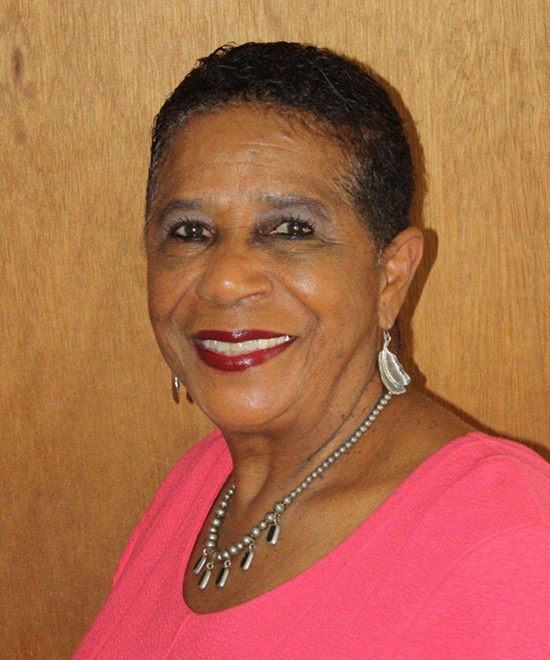
Mable Owens Clarke
Deacon Mable Owens Clarke is both matriarch and historian of Soapstone Baptist Church, as well as a founding member of the Soapstone Preservation Endowment (soapstone.org) Mable and her husband, Charles Davis, a trustee of Soapstone Church, work together to maintain the church, schoolhouse, cemeteries and the six acres of grounds upon which sits Soapstone Baptist Church.
Mable was raised in the Jim Crow South, calling Liberia Valley home with Soapstone at the heart of the community. At 17 years old, Mable left for Boston for a better education and, 23 years later, returned home to assist her aging parents and their church. A deathbed promise to “never let the doors of Soapstone close” became Mable’s life’s work, and since then, she has spent every day doing just that.
In 1865, the original Soapstone Baptist Church was built and founded by Mable’s great-grandfather and was constructed alongside other formerly enslaved families that moved into the newly established Liberia Valley. A century later, the Ku Klux Klan burned the original Soapstone Church. In fundraising efforts to rebuild, Mable’s mother, Lula Owens, sold produce from the family farm and requested donations. After Lula passed, Mable faced a dwindling congregation, and with a bright idea of bringing together the community, she began a monthly fish fry. A tradition that for 22 years helped to keep the doors of the church open.
Upstate Forever and other conservation organizations helped Mable to forever protect the church’s land from ever being developed and, therefore, saving its structures and cemeteries. In recognition of her efforts, Mable has received the South Carolina Order of the Palmetto, the highest civilian honor of the state, and she has also received the South Carolina Governor’s Award. The legacy of Mable Owens Clarke has been well-established and rightfully honored.
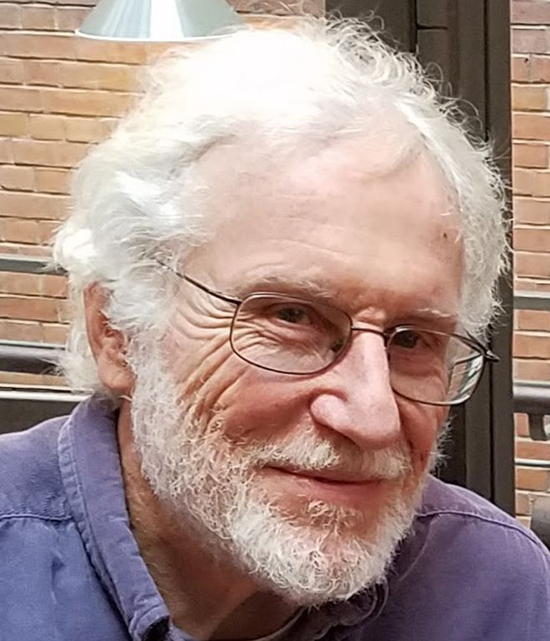
Dr. John M. Coggeshall
Dr. John M. Coggeshall was born in Boston but raised in the St. Louis area. He attended Southern Illinois University-Carbondale for his Ph.D. in anthropology. After a brief period of teaching at Radford University in Virginia, he came to Clemson University in 1988 and has been here ever since.
Coggeshall is a professor of anthropology in the Department of Sociology, Anthropology and Criminal Justice. His professional interests include American regional and folk groups and sense of place in southern Appalachia. Some of his significant publications include “Something in These Hills: The Culture of Family Land in Southern Appalachia” (University of North Carolina Press, 2022); “Liberia, South Carolina: An African American Appalachian Community” (University of North Carolina Press, 2018); “Carolina Piedmont Country” (University Press of Mississippi, 1996); “Vernacular Architecture in Southern Illinois: The Ethnic Heritage” (with J. Nast, SIU Press, 1988); and “Symbols of Division: Plantations along South Carolina’s coast,” Home Cultures, 5:1 (2008). His current research is “A Slow Life but a Good Life: Stories from the Southern Appalachians” (Manuscript accepted by Clemson University Press).
Dr. David Shields
Dr. David Shields is known as “the flavor saver.” He tracks down lost food crops and assists in restoring them to fields and tables: Carolina Gold Rice, Cocke’s Prolific Corn, Rice Peas, Purple Straw Wheat, the Dyehouse Cherry, Benne, Carolina African Runner Peanut, Purple Ribbon Sugar Cane, Hick’s Mulberry, Seashore Black Seed Rye, and Bradford Watermelon. Among his 15 published books, he has written award winning agricultural and culinary histories — “Southern Provisions” (2015), “Taste the State: South Carolina” (2021), “The Ark of Taste” (2023) — and most recently, “Taste the State: Georgia.”
His research links horticulture to the table, agriculture to home and professional cookery. He chairs the Carolina Gold Rice Foundation, Heads the Ark of Taste Committee for the South and became the Carolina Distinguished Professorship Emeritus at the University of South Carolina in 2024. He is the Southern Foodways Alliance’s “Keeper of the Flame,” twice a James Beard finalist in food history and Slow Food’s Snailblazer for Biodiversity. He won the Brown Award from the American Culture Association for the Best Single Book about American Popular Culture in 2013. He and long-time collaborator Kevin Mitchell will be hosting and writing a PBS television show, The Savers of Flavor, in 2026. It is about the people who have preserved the most endangered traditional southern fruits, grains and vegetables.

Dr. Katherine E. Rohrer
Dr. Katherine E. Rohrer is an associate professor of history at the University of North Georgia, Dahlonega. She earned her doctorate in history from the University of Georgia under John C. Inscoe. Rohrer’s research and teaching interests explore the intersection of gender and religion during the 19th and early 20th-century South.
Her new book “Daughters of Divinity: Evangelical Protestant Christianity and the Making of a New Southern Woman, 1830-1930” will be published by LSU Press in the fall of 2025.
Looking through a gendered lens, “Daughters of Divinity: Evangelical Protestant Christianity and the Making of a New Southern Woman, 1830-1930” studies the ways a sizable subset of well-educated white women of the South used evangelical Protestant Christianity as an instrument to expand their intellectual and professional capacities as well as their agency and influence at home and throughout the world. Specifically, it uses female mission work as a looking glass into the religious and cultural values of the American South. In telling this story, “Daughters of Divinity” balances the use of official denominational accounts, records and publications with personal sources, for example, diaries, journals and correspondence. Employing the same chronological span as did pioneering women’s historian Anne Firor Scott in “The Southern Lady,” this study traces both change and continuity in women’s religious identities and experiences from the antebellum period through the 1920s.






